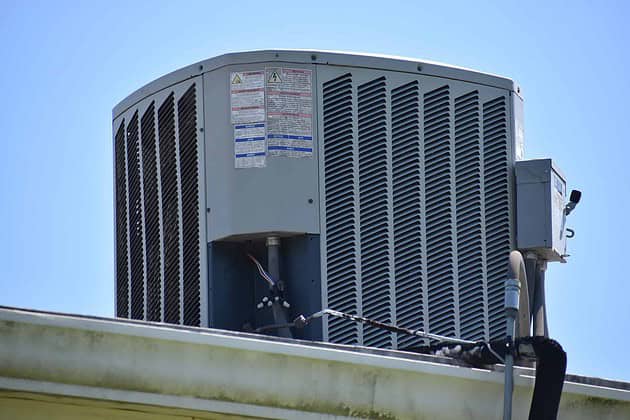Your HVAC systems operate all year round, with the average lifespan of most systems being around 12 to 15 years. While replacing your heating and cooling system may be inevitable, you can find ways to prolong its life. Some homeowners anticipate the need for repairs in the long-term and enroll in a home warranty plan to help cover some of the associated costs. This article outlines six techniques you can use to make your HVAC system last.
1.Maintain a preventive maintenance schedule
Regular HVAC maintenance reduces the risk of expensive breakdowns that can shorten its life. It makes your system last longer, pushing the replacement date further ahead. Sticking to routine preventive maintenance protects your HVAC warranty, saving you part replacement costs and other expenses. It also ensures that the system functions optimally, reducing energy bills.
You can schedule annual, bi-annual, or more preventive maintenance and air conditioner service visits, which may include HVAC inspection, lubrication of moving parts, confirming refrigerant level, and more. This can improve your system’s efficiency, effectiveness, increase its life and save you money.
2.Replace filters regularly
HVAC filters keep indoor air allergen-free, improving indoor air quality. Neglecting your air filters causes dirt, dust, and debris to block the system, causing it to work harder and shortening its lifespan. Replacing your air filters regularly makes your HVAC system last longer. This is because the system runs efficiently, reducing the wear and tear that contributes to your heating and cooling system aging faster. It also delays significant repairs and part replacement.
Changing your filters frequently optimizes your HVAC system performance, reducing energy usage. There are multiple filter types in the market, including fiberglass, disposable, reusable, and washable, so choose based on your HVAC’s manufacturer recommendations.
3.Update your insulation
Your home insulation ensures that heat doesn’t escape through the attic, walls, flooring, and window and door openings. When your home is adequately insulated, you enjoy regulated temperatures from one season to another, and your HVAC doesn’t have to work as much, reducing wear and tear and boosting the system’s life.
If your insulation gets damaged or wears down over time, the heating and cooling system overworks to meet your indoor temperature requirements, making it less efficient and reducing its lifespan. Regular inspection can help you notice when the insulation begins to wear off before it negatively impacts your HVAC.
4.Leverage your HVAC’s auto setting
Turning the auto setting on your HVAC system ensures that the fan operates only when the air conditioner is on. This means that it doesn’t have to run throughout, reducing the HVAC’s workload, which reduces wear and tear. Using the auto setting also results in energy efficiency, reducing energy bills.
5.Upgrade your thermostat
Thermostats control your heating and cooling system, ensuring proper functionality. If your thermostat is faulty or doesn’t function optimally, your air conditioner might have to strain to catch up. Upgrading to a programmable or smart home thermostat reduces HVAC breakdowns, preventing costly repairs and increasing your system’s life.
6.Try alternative heating and cooling methods
Using alternative heating and cooling methods means your system doesn’t have to work as hard, increasing longevity. You can try ductless mini-split systems, geothermal systems, and heat pumps to heat and cool your home.
Endnote
Increasing your HVAC’s life saves you installation costs and the expenses of buying a new system. Applying the above techniques will make your HVAC system last.















